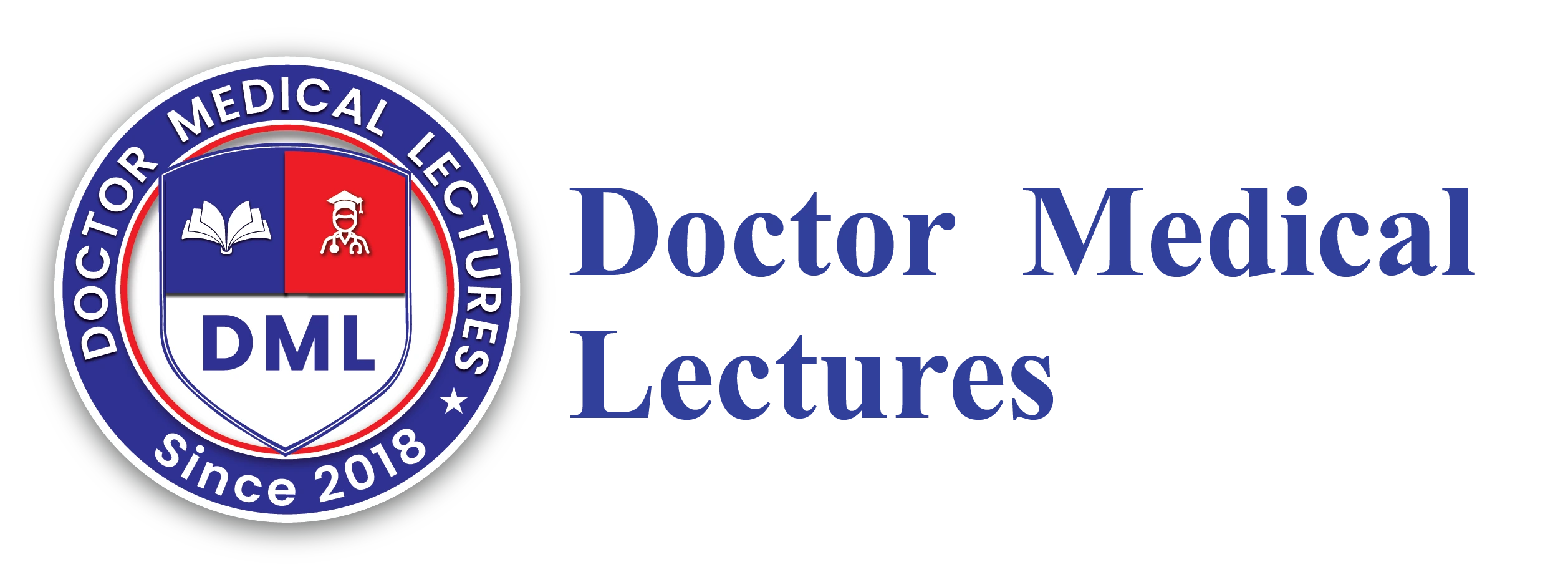Introduction
The NRE Step 2 Exam is an extensive test intended to assess the capability of medical students to perform clinical tasks. In the National Residency Examination series, this exam focuses on testing students’ abilities to perform clinical tasks and their decision-making skills in situations based on real-life medical conditions. The test connects the theoretical and practical to ensure that future doctors have the skills needed to offer safe and efficient medical treatment.

The test focuses on clinical abilities relevant to internal medicine, surgery, gynecology, pediatrics, obstetrics, psychiatry, and public health. It includes multiple-choice questions (MCQs) and scenarios based on cases that require applicants to spot and address medical issues, interpret diagnostic results, and make informed choices within various settings in the clinic.
The success of passing an NRE step 2 Examination will require a well-planned study program that focuses on guidelines for clinical practice, evidence-based medical practices, and practice on actual patients. The exam not only tests a physician’s knowledge but also ethics and professionalism, which are essential forto a good healthcare professional.
Purpose and Scope For NRE Step 2 Exam
The main objective of this NRE Step 2 Examination is to test clinical expertise (CK) and the practical use of medical theories. Exam questions focus on key abilities, which include:
- Management and diagnosis of common illnesses and health problems.
- Interpretation of diagnostic and laboratory test results.
- Making treatment plans that are that are based on research-based medicine.
- Professionalism and ethical decision-making within the medical field.
The test covers a wide variety of disciplines.
- Internal Medicine
- Surgery
- Paediatrics
- Obstetrics and Gynecology
- Psychiatry
- Emergency Medicine
- Preventive Medicine
The broad scope of this program ensures applicants are well-rounded and competent in managing a variety of medical scenarios.
Exam Structure About NRE Step 2 Exam
The NRE Step 2 Examination typically includes two major sections:
1. Multiple-Choice Questions (MCQs)
They test applicants on their knowledge of theoretical and practical aspects throughout various medical fields. They’re designed to assess the understanding of medical concepts in diagnostic reasoning and the capacity to apply that knowledge to real-world scenarios.
2. Case-Based Scenarios
In this part, potential candidates receive detailed information about medical histories, symptoms and findings for diagnosis. Candidates must evaluate the data to take the appropriate clinical decision. The format is based on real-world healthcare practice and assesses problem-solving abilities and critical thinking in real-world scenarios.
Preparation Strategies
The success of The NRE Step 2 Exam is a matter of executing a systematic preparation plan. Here are the most effective strategies for successful preparation:
1. Study Clinical Guidelines
Being familiar with the current clinical practice guidelines is vital to responding to cases-specific questions accurately. Reviewing standard protocols will help applicants understand the best methods for treating and diagnosing various illnesses.

2. Practice Questions
The practice of regularly solving MCQs, as well as scenarios based on case studies, improves confidence and identifies points for improvement. The practice questions help prepare candidates with exam structure.
3. Engage in Group Discussions
Participation in peer-to-peer discussions enables students to consider diverse perspectives and help clarify complicated ideas. Collaboration can help improve understanding and retention of knowledge.
4. Take Simulated Exams
Tests that simulate the testing experience for candidates help them improve their time management and decrease anxiety on test day. They also provide useful feedback about performance.
5. Focus on Weak Areas
Recognizing and fixing weak points will ensure a thorough comprehension of the syllabus. A targeted revision program can dramatically increase students’ confidence and improve their skills.
Significance of the Exam
Achieving an NRE Step 2 Examination is an impressive achievement that proves a candidate’s ability to satisfy the clinical training requirements. This exam is often an entry point for advanced training programs, such as residency or speciality training. Also, passing the test indicates a commitment to maintaining professional standards and moral principles of medicine.
Beyond professional and academic benchmarks, The NRE Step 2 exam significantly trains candidates for real-world medical issues. It ensures that the next generation of healthcare professionals has the skills, knowledge, and perspective to provide high-quality patient care.
Detailed Preparation Plan
Understanding the Exam Blueprint
Start by reading through the exam’s outline of contents and goals. The exam’s structure and scope can guide the study program and aid in identifying the key areas to study.
Creating a Study Schedule
Make a systematic and realistic study schedule that allows enough time for each topic. Take regular breaks, and set aside time for revising to strengthen the learning.
Utilizing Standard Resources
Trust your study material like:
- UWorld Practice questions and answers.
- First Aid: To provide concise overviews and facts with high yield.
- Kaplan for deep subject review as well as practice tests.
Active Learning Techniques
Use active learning strategies, for example:
- Creating flashcards for quick review.
- The key ideas in your phrases.
- Instructing peers on complex topics for better understanding.
Clinical Practice
Experience hands-on learning by watching and participating in clinical situations. The practical experience will help you to apply your theoretical knowledge in practical scenarios.
Review and Reflect
Check your progress regularly and make adjustments to your study schedule when necessary. Examine the strengths and weaknesses to ensure you are prepared in a balanced manner.
Tips for Exam Day
- Be calm: Maintain a positive mental attitude, and try to avoid last minute trying to cram.
- Time Management: You allocate time appropriately in each segment to ensure every question is answered.
- Take your time reading: Pay close attention to the particulars of the case-based scenarios.
- Be Confident in Your Training: Review your education, and don’t overthink your answers.
Conclusion
The NRE Step 2 Examination is the most important factor in creating medical students’ future. It ensures that aspiring medical professionals aren’t just competent and able to apply their expertise in real-world situations. Through careful preparation, disciplined studying, and a shrewd method, applicants can easily pass the exam and get closer to their goals of becoming proficient and compassionate doctors.
Frequently Asked Questions (FAQs)
1. What is the NRE Step 2 Exam?
The National Residency Examination (NRE) step 2 is a postgraduate medical licensure exam that tests clinical understanding and skills. The exam focuses on clinical reasoning as well as scenarios for patient care.
2. What’s the syllabus for NRE Step 2 Exam?
- Internal Medicine
- Surgery
- Paediatrics
- Obstetrics and Gynecology
- Psychiatry
- Emergency Medicine
- Preventive Medicine
3. What are the eligibility criteria for taking NRE Step 2 Exam?
- Candidates must have at least an MBBS or other equivalent medical qualification.
- Candidates must pass all the questions on the NRE Step 1 Exam.
- A successful clinical residence or internship completion could be necessary based on the examination body.
4. What format is this NRE Step 2 Exam?
- Multiple-choice questions (MCQs).
- The scenarios are based on case studies that test your clinical reasoning and decision-making capabilities.
- The test is broken down into blocks of time.
5. What are the most effective ways to prepare for the NRE Step 2 Exam?
- Review clinical guidelines and use them in case studies for patients.
- Utilize standard resources such as UWorld, First Aid, and Kaplan.
- Practice past papers and solve problems.
- Make mock tests to help improve time management and reduce the pressure of exams.
